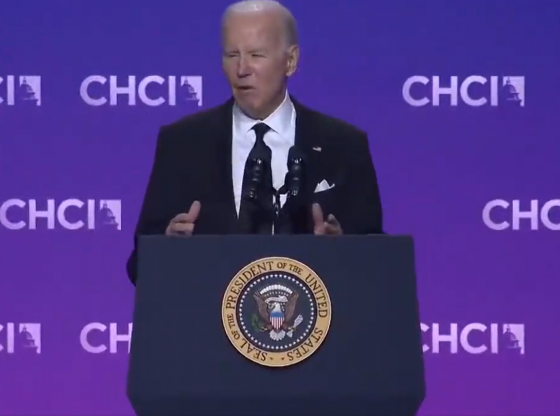Biden Administration Contemplating Slavery Reparations Proposal
The Biden administration’s new proposal to differentiate between black Americans whose ancestors were enslaved and those who immigrated more recently to the United States from Africa or the Caribbean has garnered criticism from some. The proposal would include an additional question on federal forms and the U.S. Census asking if they identified as “American Descendants of Slavery” or “American Freedmen,” with some suggesting “Foundational Black Americans” as an option.
Critics of the move argue that it will only further divide black Americans and perpetuate racial tension, which will likely be the case – as organizations such as Black Lives Matter and their ensuing riots only hurt racial unity throughout the country. They also question the need for such a question and argue that it may be used as a tool for discrimination. Furthermore, opponents of reparations argue that it is unfair to hold individuals accountable for the actions of their ancestors and that it is impossible to determine who should receive reparations.
They also argue that the study from the Federal Reserve Bank of Minneapolis and Duke University, which found that black Americans who descended from slaves tend to “lag behind” black Americans who immigrated more recently, is not sufficient evidence to justify reparations. They point out that there are many factors that contribute to economic disparities, including education, access to healthcare, and employment opportunities.
Opponents of the Biden administration’s proposal argue that it is unnecessary, divisive, and may be used as a tool for discrimination. They believe that the focus should be on addressing the root causes of economic disparities rather than on reparations based on ancestry.
San Francisco’s Reparations Committee Proposal
The federal government’s move to consider reparations on a national level was preceded by San Francisco’s efforts to redistribute taxpayer wealth to every black resident of the city. In January, the African American Reparations Advisory Committee (AARAC) concluded that each eligible recipient should receive a one-time, lump-sum payment of $5 million, despite the fact that chattel slavery was never legal in California after it joined the United States in 1850. AARAC’s proposal called for reparations to cover “the economic and opportunity losses that Black San Franciscans have endured, collectively, as the result of both intentional decisions and unintended harms perpetuated by City policy.”
To qualify for the payments, residents must be 18 at the time the proposal is enacted, have identified as Black or African American on public documents for at least 10 years, and may also have to prove they were born in the city between 1940 and 1996, have resided in San Francisco for at least 13 years, and be someone, or the direct descendant of someone, incarcerated during the war on drugs.
The Push for Reparations on the Federal Level
The proposal being considered by the Biden administration for slavery reparation is a concerning move. This push for reparations on a federal level is unprecedented and could have serious implications for taxpayers. It’s unclear whether this proposal will be implemented, but the fact that it’s being considered shows that the administration is willing to entertain radical progressive ideas. Ultimately, such a move could set a dangerous precedent for government involvement in issues of race and history.









